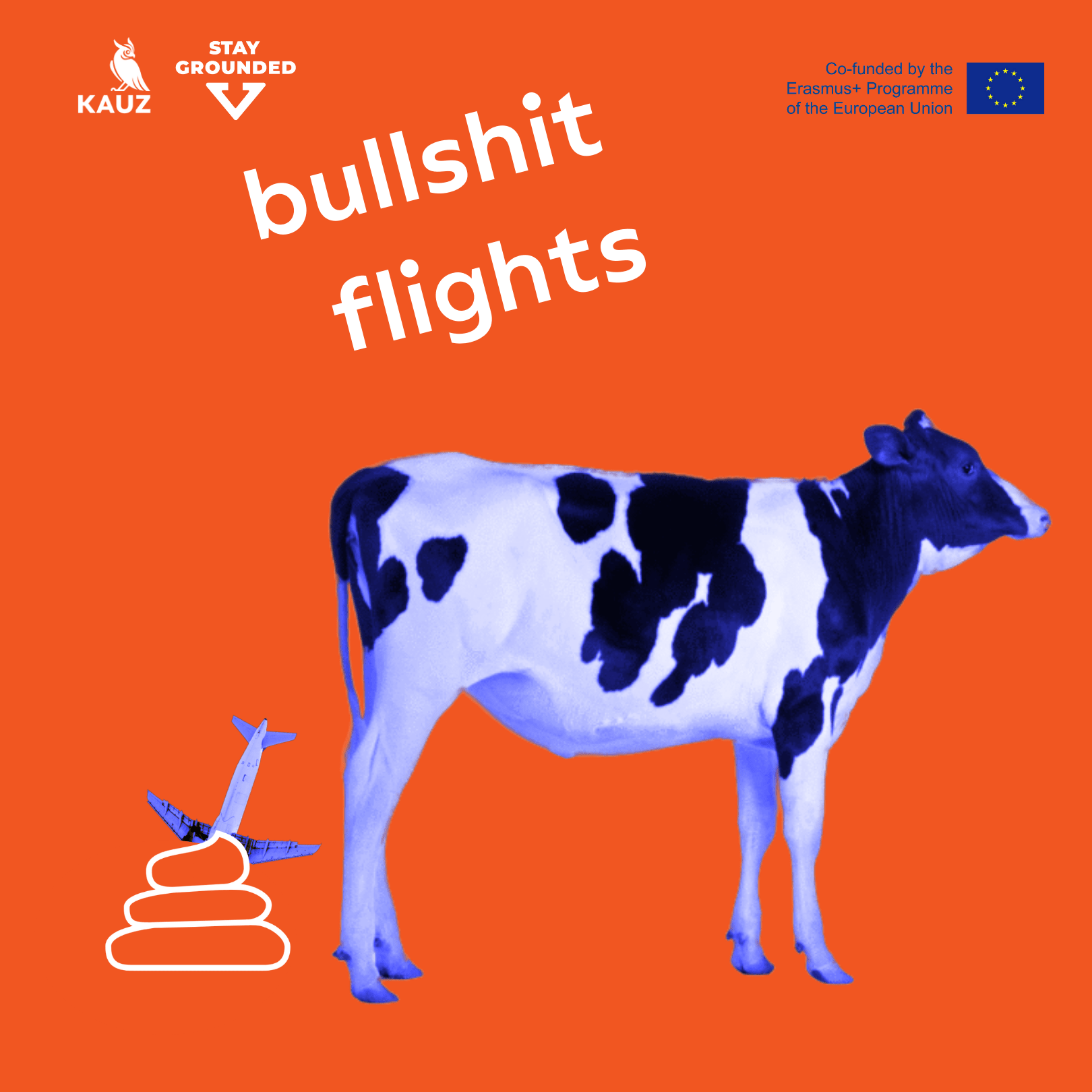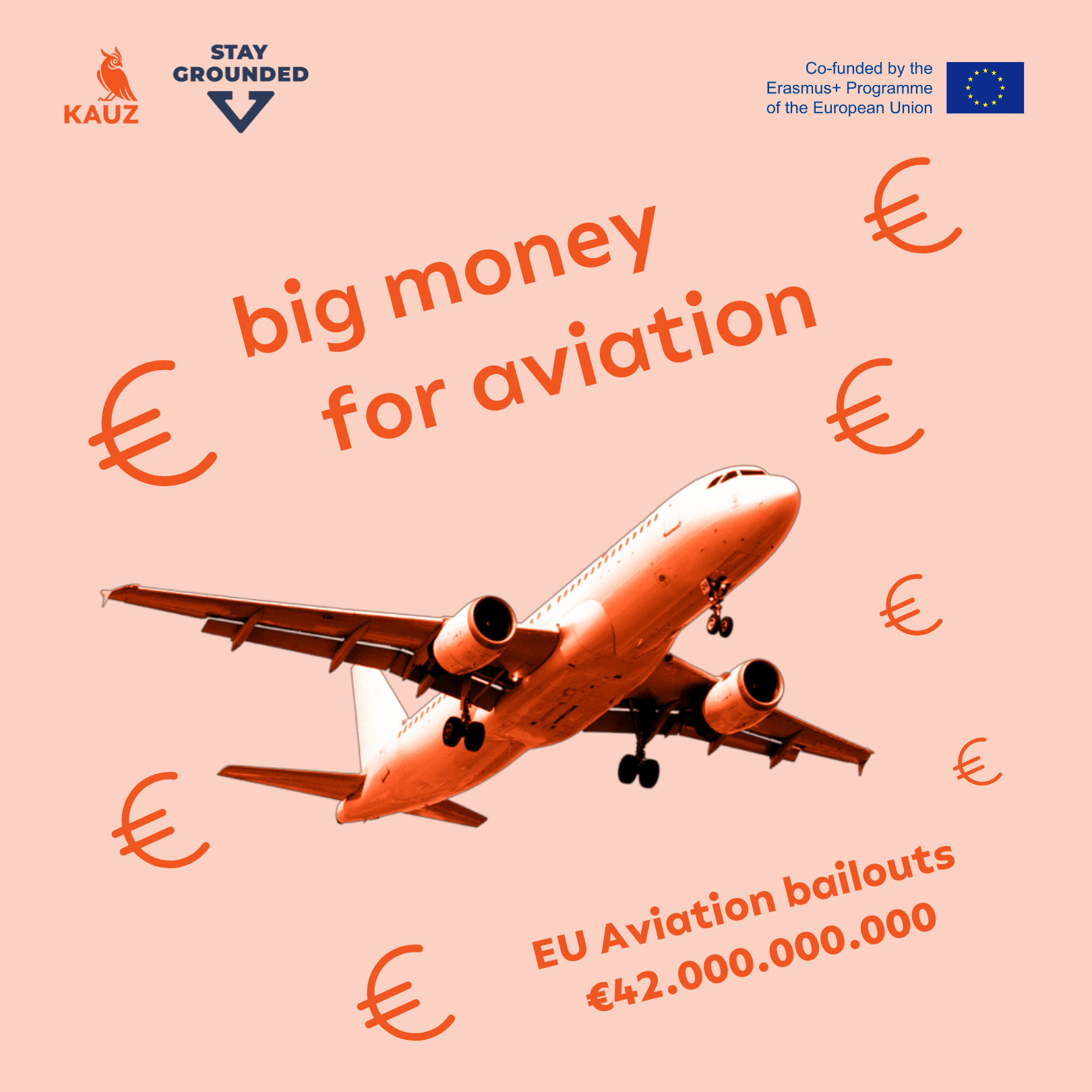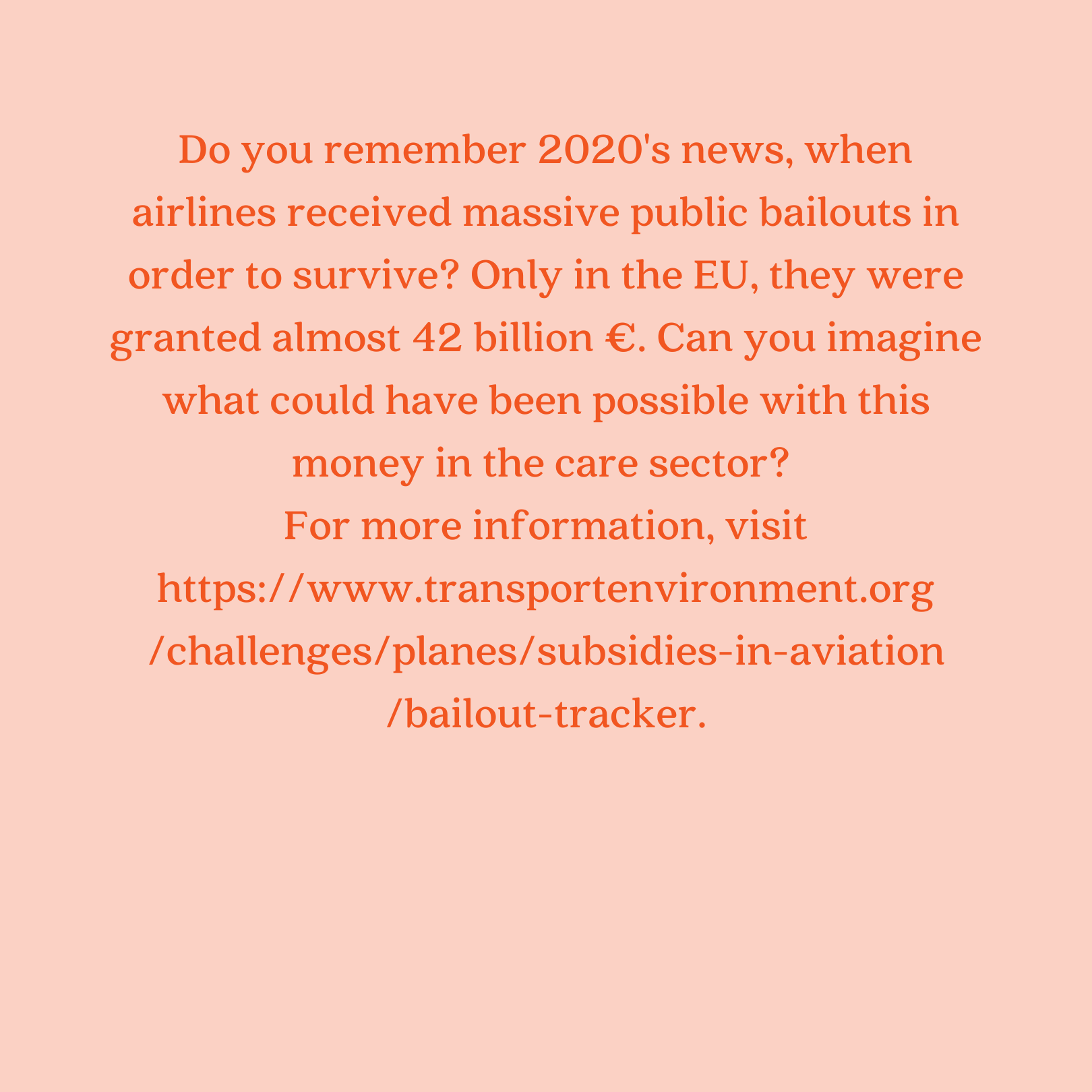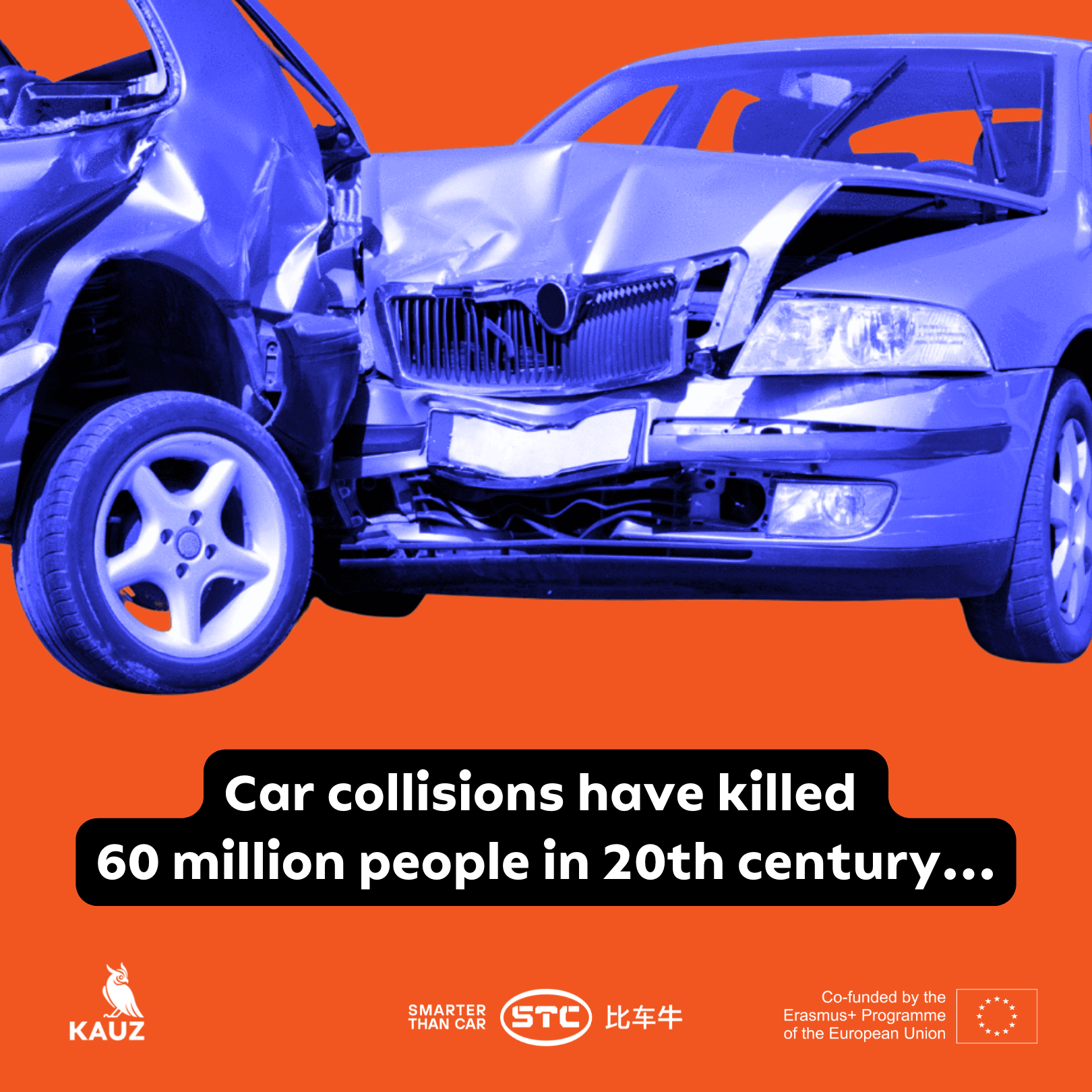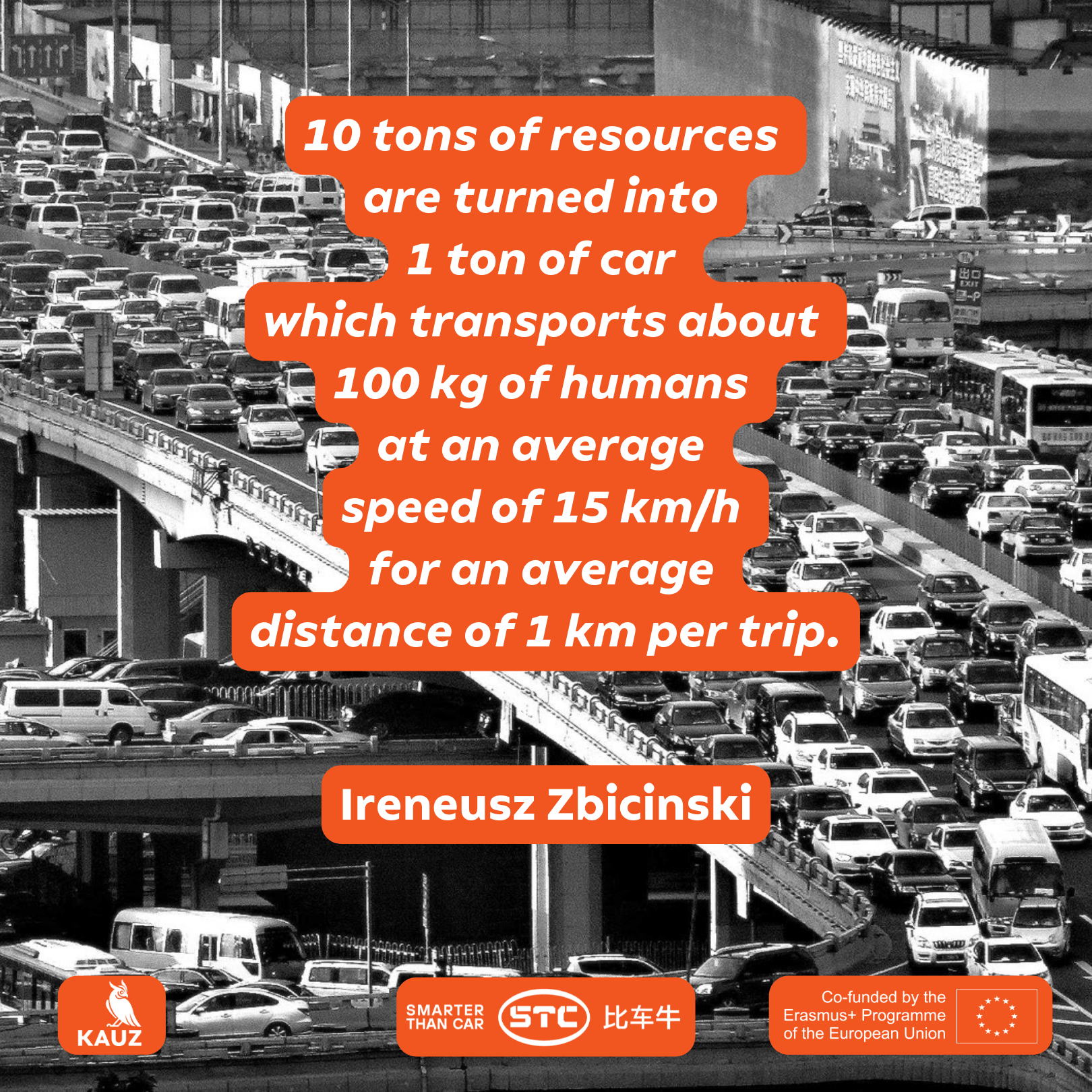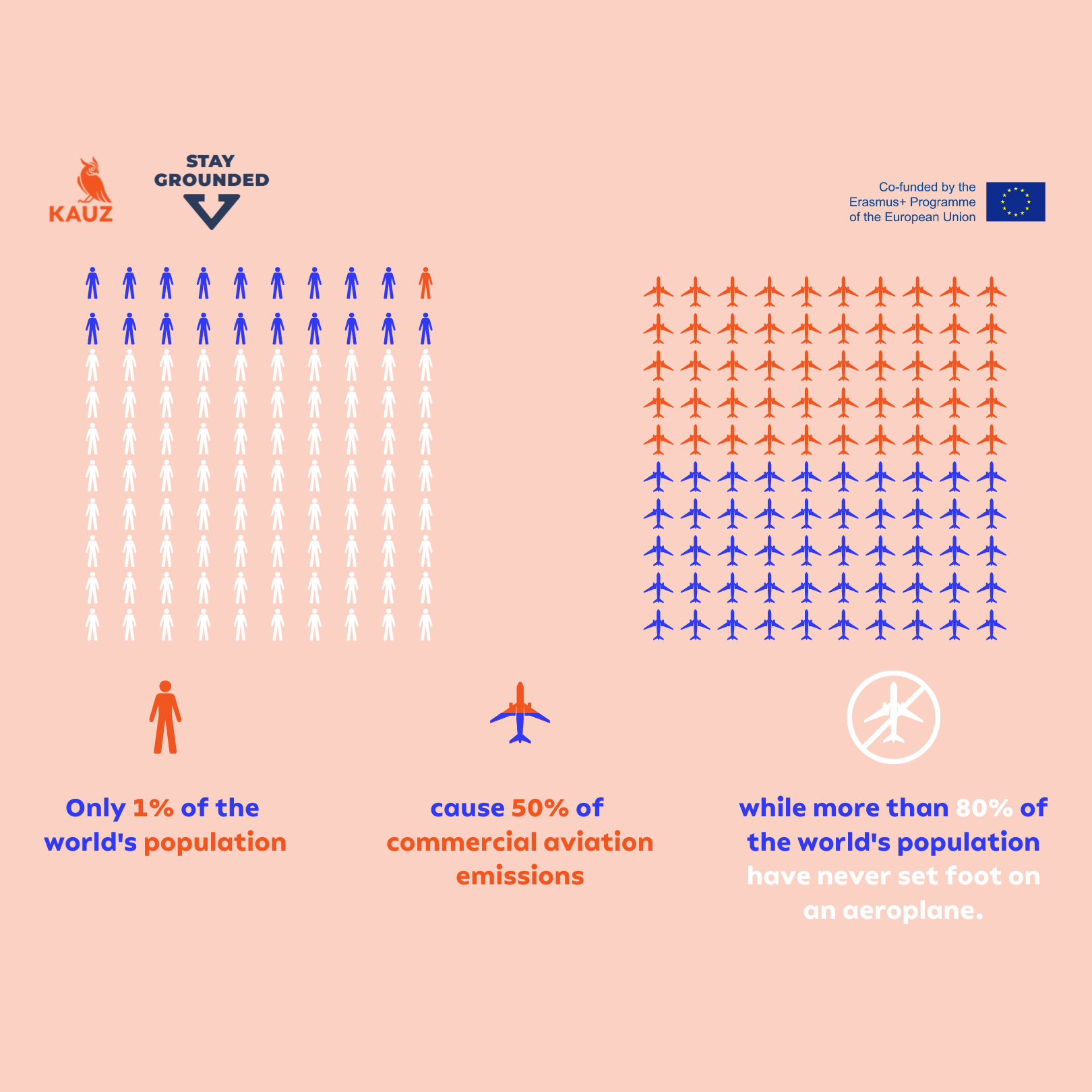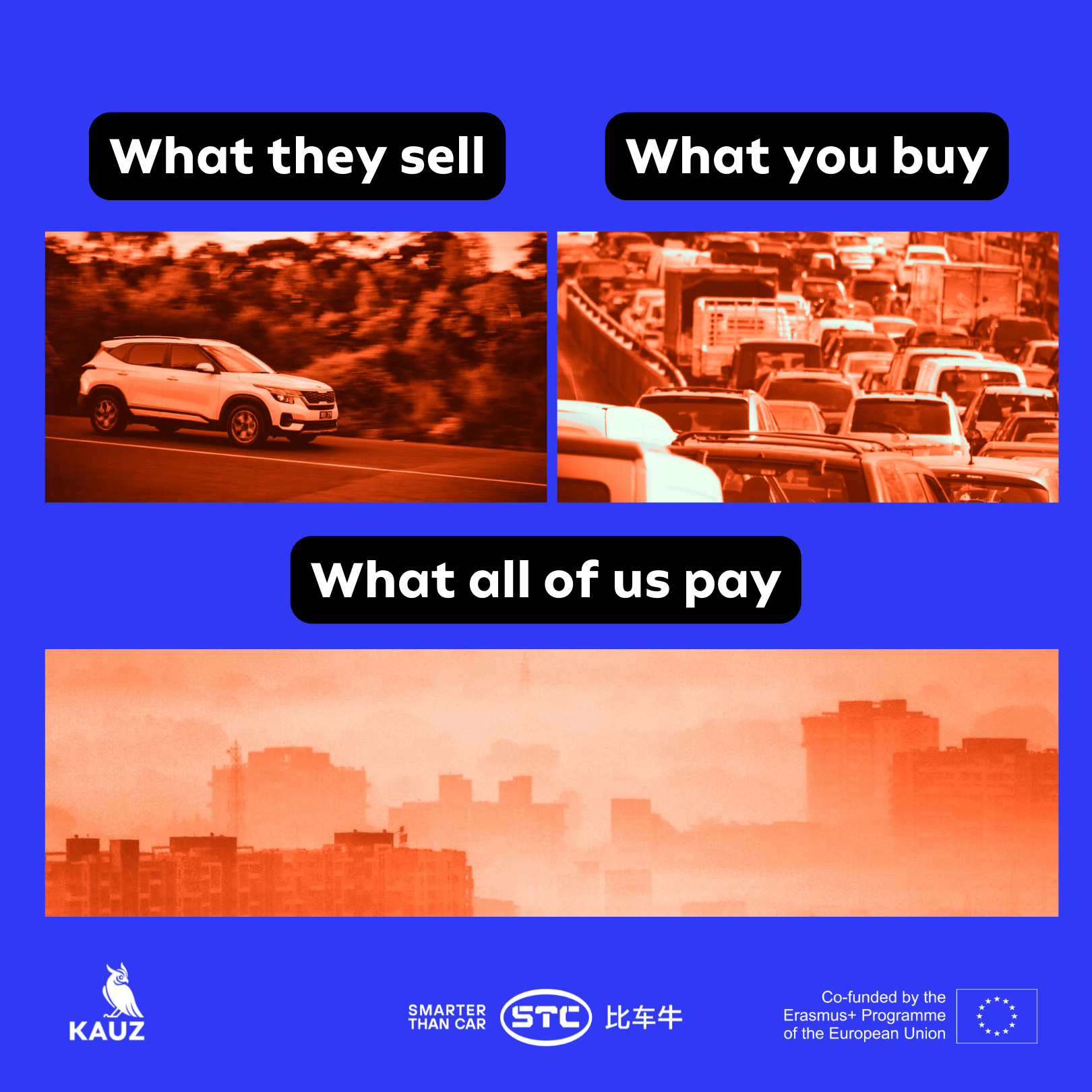Solidarity-based mobility system or Soft Mobility
You have reached your goal!
At present, the acceleration dynamics of the “higher, faster, further” of the Imperial Mode of Living can be seen especially in the way we move around. Widespread clearing for motorways or major construction projects such as Stuttgart 21, TAV (high speed railway) Turin-Lyon or Pelješa bridge in Croatia, show that it is often a matter of getting from A to B particularly quickly. Traffic jams in cities and cheap flights for short holidays are attempts to save time. Products also usually have a long way to go before they can be consumed in the Global North. The consequences of all these growth drivers are health hazards from particulate matter or life-threatening nitrogen gases, numerous traffic deaths per year, chronic stress symptoms and the fuelling of global warming by petrol burners.
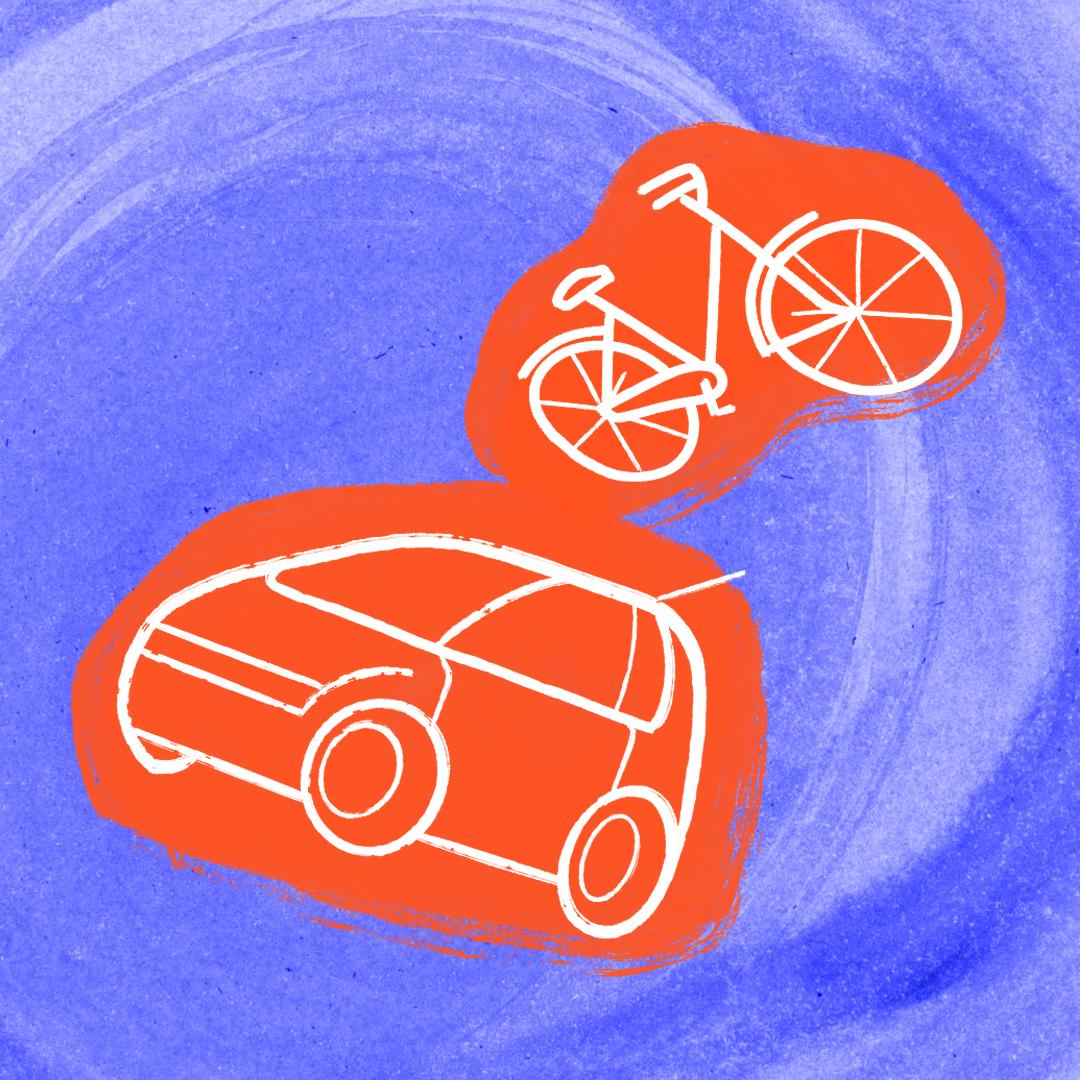
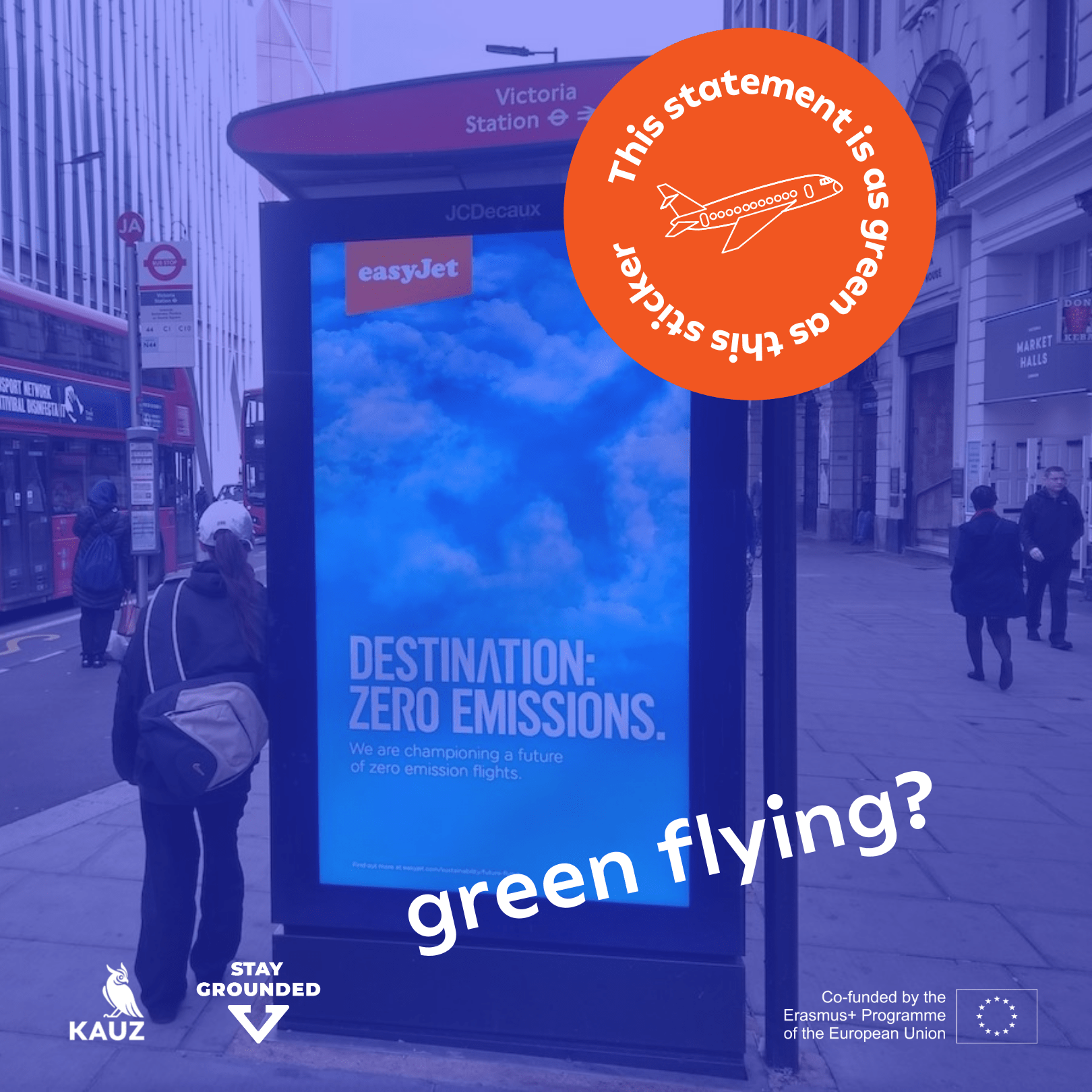
A solidarity-based mobility system sets the focus differently. It does not ask how goals can be achieved particularly quickly and thus separates with the idea of optimisation. A solidarity-based mobility system is about how people can satisfy their needs as easily as possible. Here, the vision is that everything that is essential for people is in the immediate vicinity and can be reached on foot or by bike. Here, neighbourhoods become play streets and places of encounters that contribute to a deceleration of everyday life, improving the life quality in cities and eliminating the need for weekend getaways. If cities are conceived through a concept of proximity, then this mobility system should also be applied on a larger scale. The medium-long distances are connected by efficient and spreaded railway services, thus air routes and car journeys become superfluous. Of course, this kind of mobility also requires a cultural change that reflects on one’s own needs and asks sufficiency questions such as “What do I really need?” “What should be close to me?”
References
I.L.A. Kollektiv (Hg.) (2019): “Das Gute Leben für Alle. Wege in die Solidarische Lebensweise.” München: oekom.
KAUZpods
Podigee
Microlearnings
